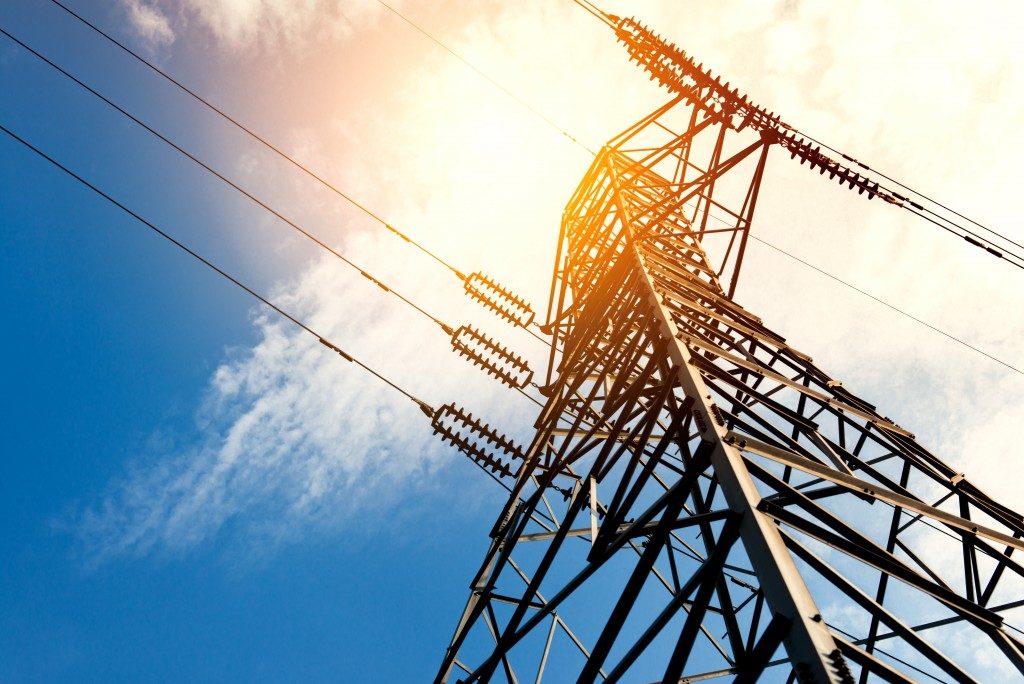There are no two electrical cables that are alike in the industrial sector. That is because the ideal cable for your application will depend on its purpose in your production line.
Among the elements used to distinguish industrial cables are their sheathings. These are designed to protect the wires used for the different tasks in your industry. The wrong choice or an insufficient sheathing will be a waste of your resources and could place your industry at high risk of electrical fires and machine failures.
The neoprene cable used in the oil and gas, power, mining, and military industries in Singapore, for instance, is one of the standard sheathed electrical wires. It is a synthetic rubber variant that has exceptional durability and chemical- and flame-resistance for insulating electrical cables. Here are the other types of sheathing for industrial cables:
PVC
Polyvinyl chloride (PVC) is an economical and solid sheathing option for cables that will be used in places with moderate mechanical stress. This material offers exceptional resistance to various chemical agents and is easy to clean. Electrical cables with PVC sheathing are generally used in the food industry owing to their high sanitation levels.
PUR

Polyurethane sheathing is renowned for its durable flexibility, which is essential for the operation of most machines in the industrial sector. PUR-sheathed cables also have high mechanical strength and are resistant to oil and chemical agents, making it easy to withstand the environment in most industries.
There are different types of PUR-sheathed cables. PUR U cables, for instance, are flame-resistant, so they are used in plant engineering and assembly and production lines. PUR A-sheathed cables are resistant to welding sparks, making them the best choice for the automotive sector. PUR OD-sheathed cables are resistant to seawater, diesel, oil, and UV light, making them ideal for outdoor applications and the mobile manufacturing industry.
LSZH
Low smoke zero hydrogen (LSZH) is a flame-retardant and non-halogenated material used for insulating industrial cables. This sheathing is used for wires in places where they are at high risk of fire around sensitive equipment.
In some sectors, silicone sheathing designed for cables in high-temperature applications are also designated as LSZH cables. Other than in electrical cables, LSZH is also used as the covering for cables that transport toxic gases.
POC
Power over coax (POC) is used for cables in places exposed to welding sparks or located around welding locations. The sheathing and thermal resistance of POC is about 150 degrees Celsius, and it can hold up to hot welding slag. POC-sheathed cables are also often used in weld cell, automotive, and steel industries.
Most people assume that any cable will suffice for their industry and settle for the cheapest and readily available option. The above sheathing, however, makes a significant difference and should be the basis of your choice when buying industrial cables. Rather than getting your cables from anyone, work with a supplier who specialises in industrial cables. This way, you can benefit from their input on what is best for your industry.

